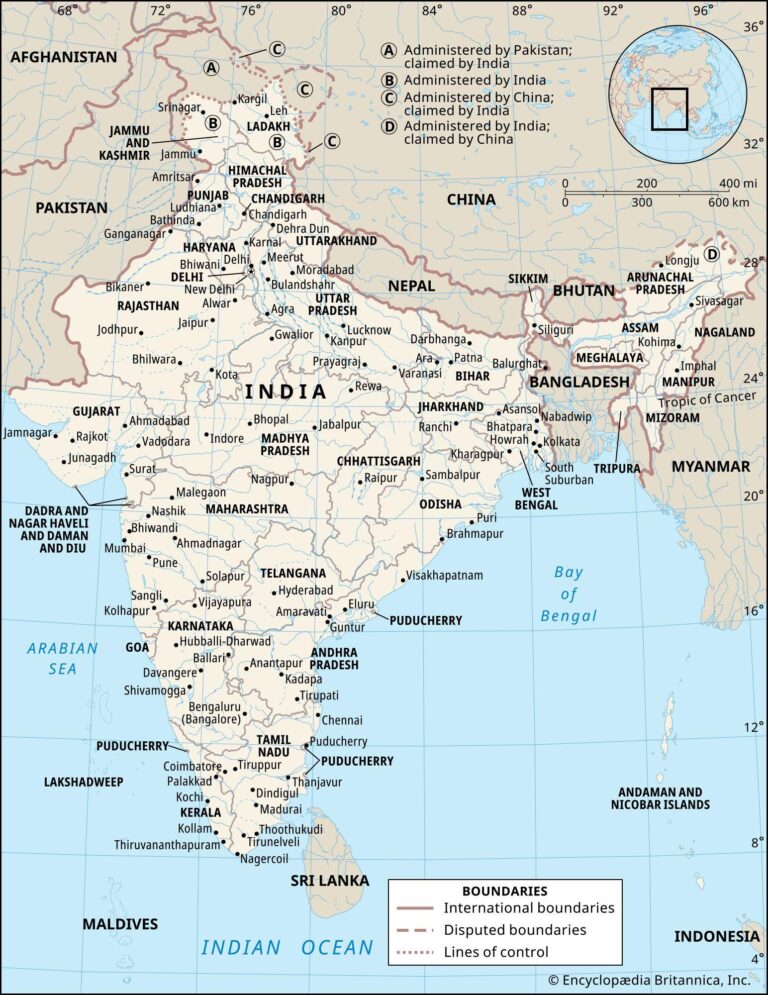India has expressed strong objections following the recent trilateral meeting between China, Pakistan, and Afghanistan, underscoring concerns over the expansion of the China-Pakistan Economic Corridor (CPEC). Describing the developments as a matter requiring “constant watch,” Indian officials criticized the gathering as an attempt to alter regional dynamics without inclusive dialogue. The meetings and plans outlined signal a potential shift in the balance of power and connectivity in South Asia, prompting New Delhi to reaffirm its vigilance over projects it views as infringing on its sovereignty and strategic interests.
India Condemns China Pakistan Afghanistan Meeting Over CPEC Expansion Plans
India has expressed strong disapproval following the recent trilateral meeting between China, Pakistan, and Afghanistan, which focused on expanding the China-Pakistan Economic Corridor (CPEC). Indian officials characterized the gathering as a challenge to regional stability and sovereignty, emphasizing that such collaborations undercut India’s territorial claims and undermine peace efforts in South Asia. The Ministry of External Affairs reiterated India’s commitment to maintaining a “constant watch on all developments” related to CPEC, stressing vigilance over any initiatives that appear to bypass or affect Indian territories.
The dialogue among the three countries reportedly includes plans to enhance connectivity and infrastructure that could alter the regional geopolitical balance. Indian authorities highlighted concerns related to:
- Encroachment on disputed territories: Potential expansion routes that involve contested borders.
- Strategic alignment: Strengthening of alliances that exclude India from key regional economic decisions.
- Security risks: Heightened risks to peace due to the militarization of economic corridors.
| Aspect | India’s Position | Potential Impact |
|---|---|---|
| Territorial Integrity | Firm opposition | Risk of sovereignty claims |
| Regional Stability | Concerns raised | Possible escalation of tensions |
| Economic Influence | Monitored closely | Shift in trade dynamics |
Strategic Implications of CPEC Growth for Regional Security and Stability
The expansion of the China-Pakistan Economic Corridor (CPEC) presents a multifaceted challenge for regional security dynamics. This ambitious infrastructure project, envisaged as a cornerstone of the Belt and Road Initiative (BRI), has the potential to reshape economic and strategic balances across South Asia. For India, the concern stretches beyond mere economic competition, highlighting fears of increased Chinese military and political presence in Pakistan and Afghanistan, which could alter power equations and exacerbate longstanding tensions. Analysts warn that the enhanced connectivity and development might embolden separatist movements and destabilize fragile border regions, fueling discord instead of fostering peace.
Amidst these developments, key security implications demand close attention:
- Increased Militarization: Potential for dual-use infrastructure facilitating troop movements and surveillance capabilities along contested borders.
- Heightened Strategic Rivalry: Expansion of CPEC may intensify competition between regional powers, influencing diplomatic alignments and military posturing.
- Economic Leverage: Control over critical trade routes might translate into significant political influence over Afghanistan and Pakistan’s domestic affairs.
- Impact on Counterterrorism: Cross-border cooperation risks disruption, complicating efforts to tackle extremist networks.
| Aspect | Potential Impact |
|---|---|
| Security Cooperation | Strained India-Pakistan relations; Increased regional distrust |
| Economic Integration | Boost in Pakistan-Afghanistan ties; Exclusion concerns for India |
| Military Infrastructure | Enhanced Chinese presence; Challenges to Indian defense posture |
Calls for Enhanced Vigilance and Diplomatic Engagement to Counter Emerging Challenges
India has urged for enhanced vigilance amid the recent trilateral meet between China, Pakistan, and Afghanistan, signaling growing concerns over geopolitical shifts in the region. Officials emphasized the need for constant monitoring of developments, especially as discussions reportedly centered on expanding the China-Pakistan Economic Corridor (CPEC) into Afghan territory. The potential extension could significantly alter strategic dynamics, prompting calls for a proactive diplomatic stance to safeguard regional stability and national interests.
Key areas demanding immediate attention include:
- Strengthening intelligence-sharing frameworks among regional partners
- Deepening diplomatic dialogues to counterbalance new alignments
- Assessing infrastructure projects impacting security and economic influence
| Concern | Potential Impact | Recommended Action |
|---|---|---|
| CPEC Expansion to Afghanistan | Shift in trade routes and military influence | Enhanced border security and diplomatic engagement |
| China-Pakistan Strategic Alignment | Alteration of regional power balance | Strengthen alliances with neighboring countries |
| Afghan Political Stability | Risk of increased militancy and instability | Support inclusive political processes |
Closing Remarks
As tensions continue to simmer in the region, India’s firm stance underscores its vigilant monitoring of the China-Pakistan-Afghanistan trilateral discussions and the potential implications of the CPEC expansion. New Delhi’s cautionary remarks highlight the fragile security dynamics and the need for sustained diplomatic engagement to ensure regional stability. The developments warrant close observation as they unfold, with India signaling that any moves perceived to undermine its interests will be met with resolute scrutiny.



